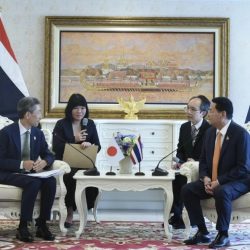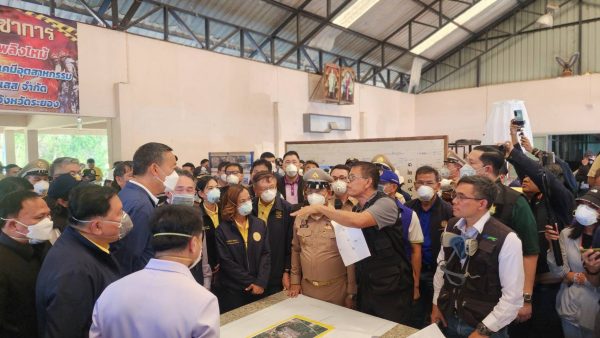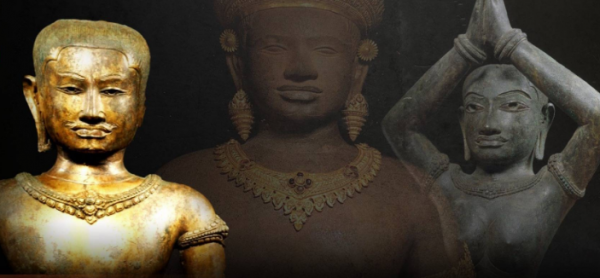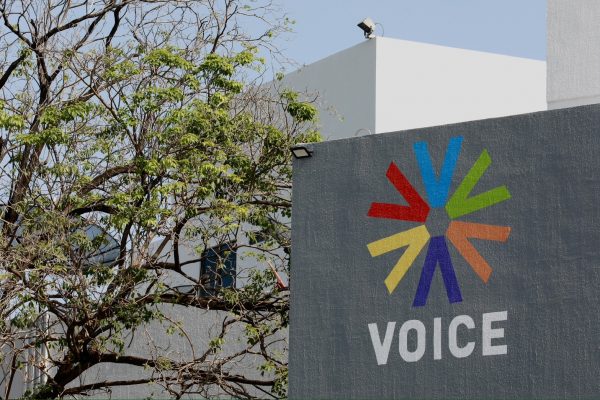Thailand’s “digital wallet” scheme not copy of 1999 Japanese model

Deputy Finance Minister Julapun Amornvivat has dismissed a suggestion that the Pheu Thai party’s digital wallet scheme is a copy of the Japanese model, introduced in 1999, which was in the form of coupons.
His denial was in response to an observation made by Sirikanya Tansakul, a party-list MP and deputy leader of the opposition Move Forward party last Friday. She claimed that the digital wallet scheme is similar to the Japanese model, introduced to stimulate the economy through the distribution of coupons for the purchase of consumer products.
Sirikanya also claimed that research, conducted ten years after the launch of the scheme, shows that it succeeded in encouraging Japanese consumers to increase spending by 20% and that the scheme had no effect on non-durable goods, such as food, drinks and fuel oil.
Julapun, meanwhile, maintains that the context of the 1999 Japanese model was different from the Thai context today and that the two cannot be compared with each other, adding however, that he will ask for the Japanese research Sukanya for study.
The deputy finance minister said that the timeline for the launch of the digital wallet scheme remains February, as originally scheduled but, if there is a change to the timeline, he will inform Prime Minister Srettha Thavisin.
He disclosed that there are some factors that need to be considered, to make sure that the scheme is safe and in compliance with the law.
Under the scheme, every Thai citizen who is 16 and over will receive a one-time 10,000 baht taxpayer-funded digital token, wired into their digital wallets through the use of blockchain technology, to be spent on buying goods and services within six months in registered shops within a 4km radius of their residences.






